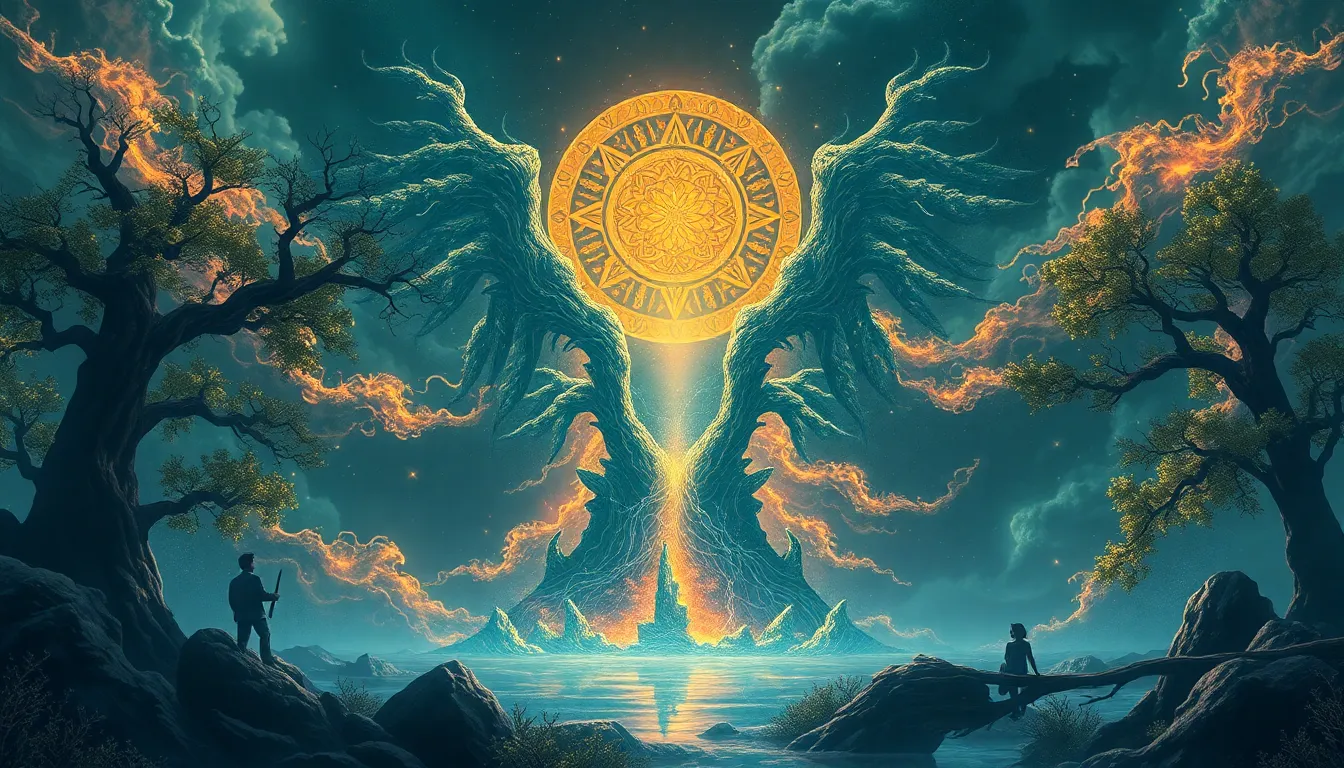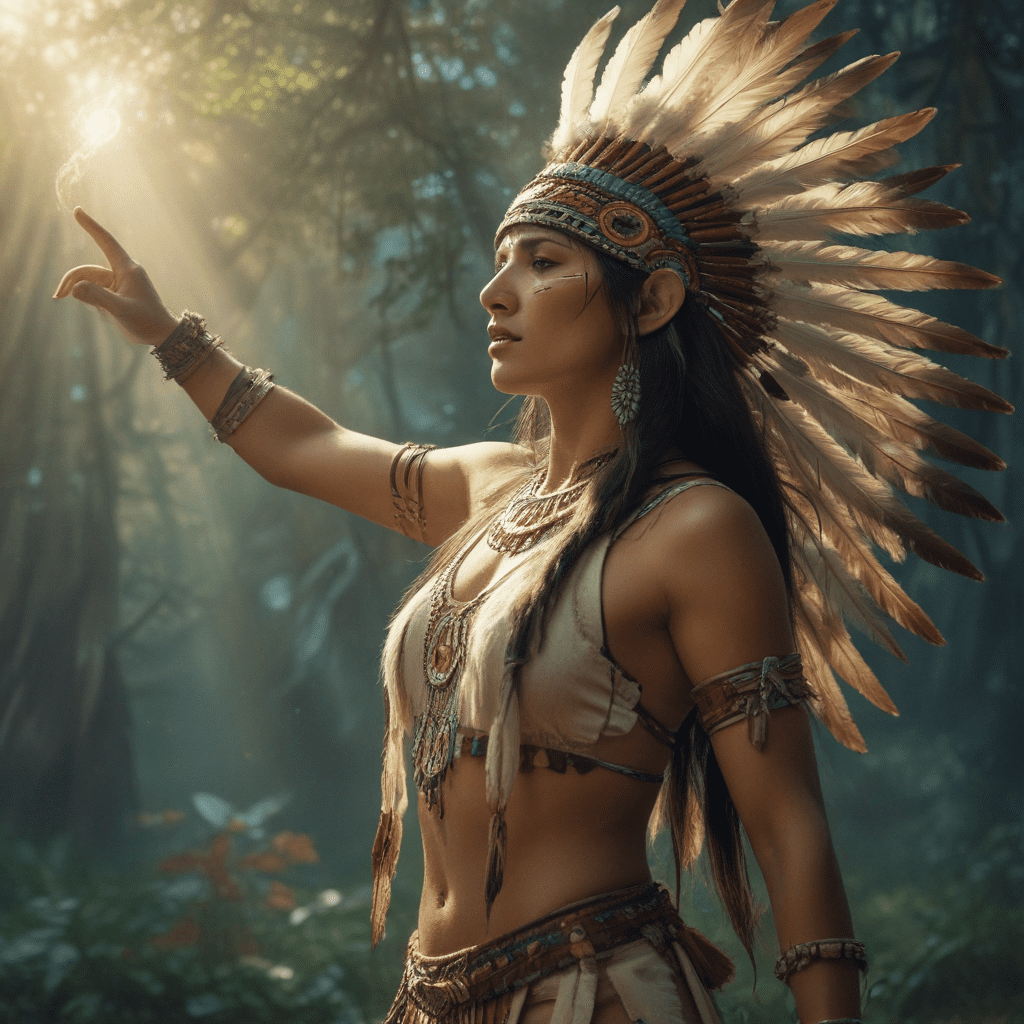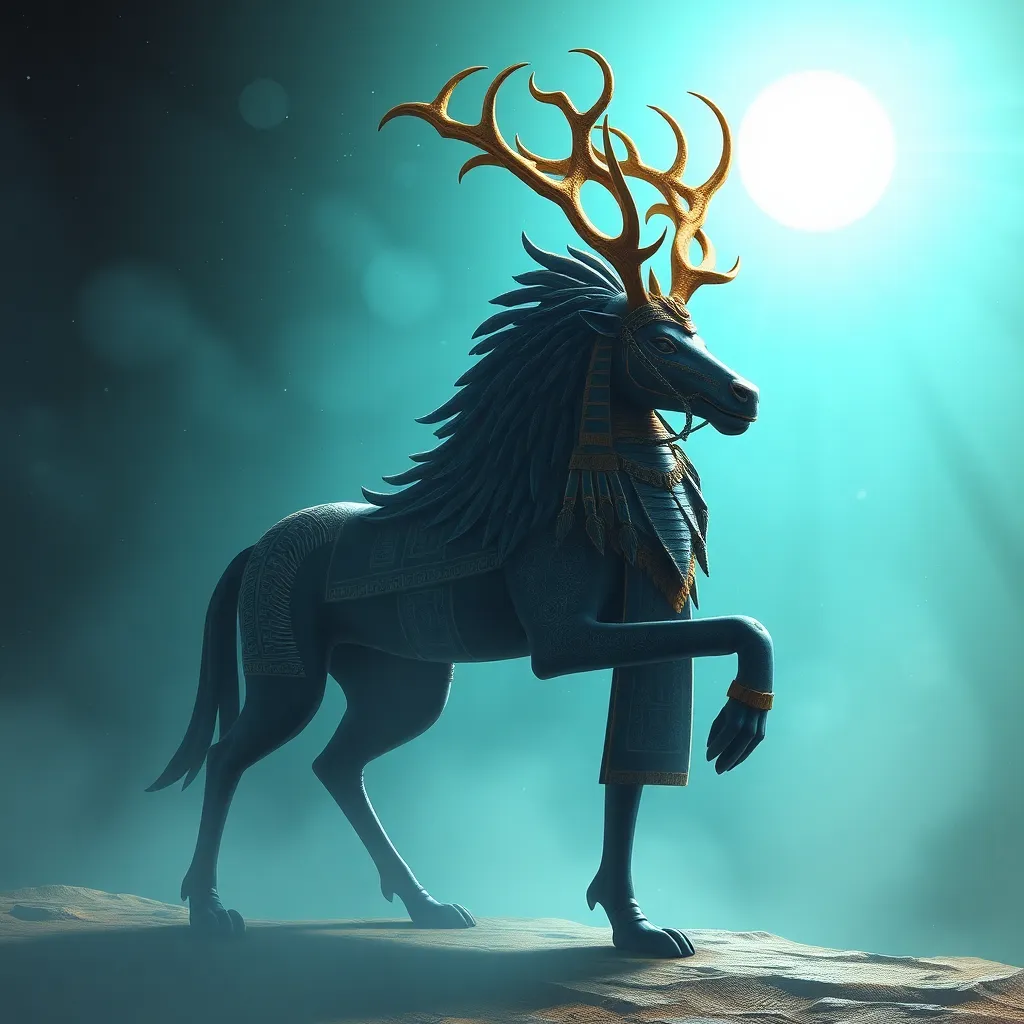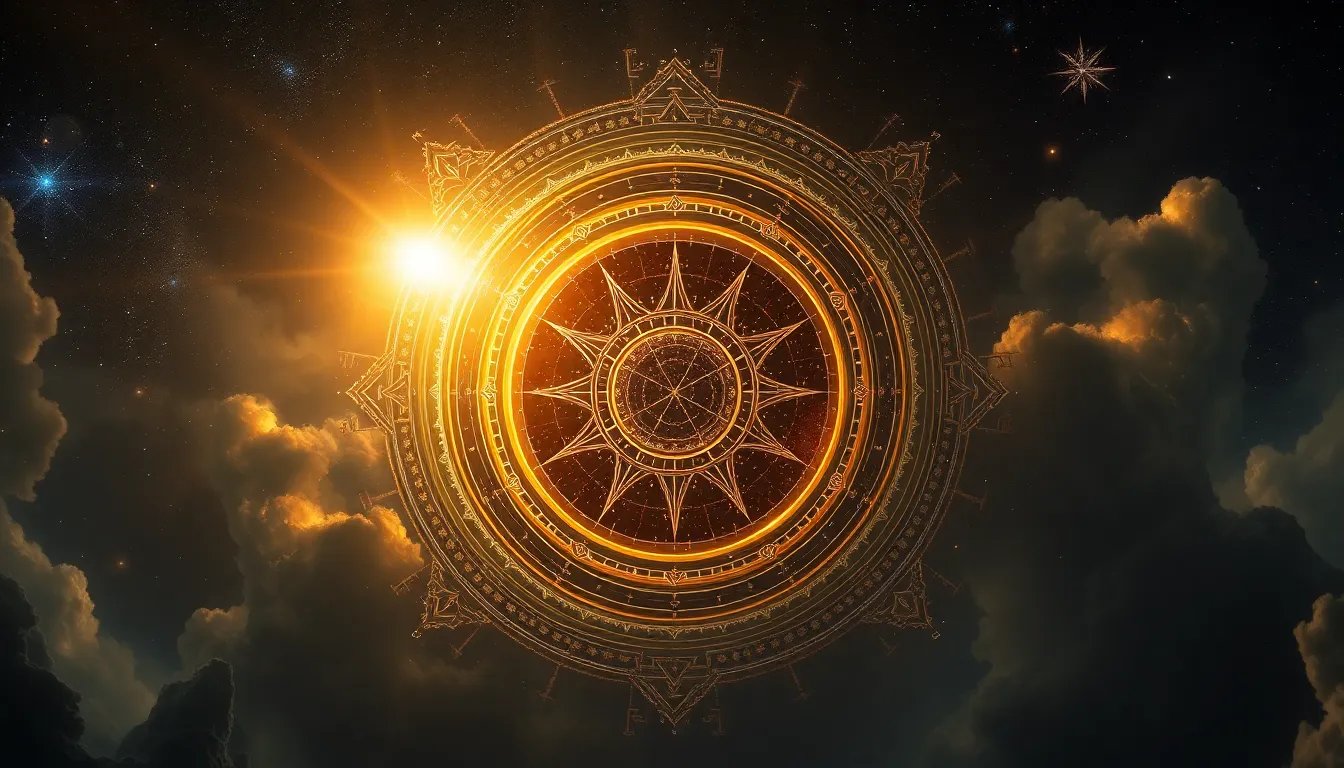The Nature of Creation: Myths That Reflect Our World
1. Introduction to Creation Myths
Creation myths are foundational stories that explain the origins of the world, humanity, and the cosmos. Across cultures, these myths serve as a lens through which societies understand their existence and the forces that shape their lives. From the ancient tales of Mesopotamia to the vibrant narratives of Indigenous peoples, creation myths hold significant cultural and spiritual value.
The exploration of these myths is crucial for understanding the human experience, as they encapsulate the beliefs, values, and worldviews of different cultures. They are not merely tales but are imbued with meanings that resonate deeply with the human condition.
2. The Role of Myth in Human Society
Myth can be defined as a traditional story that explains a natural or social phenomenon, often involving supernatural beings or events. Myths fulfill several functions in society, including:
- Providing explanations for the unknown
- Establishing moral and ethical guidelines
- Offering a sense of identity and belonging
- Facilitating cultural continuity through generations
Myths reflect cultural values and beliefs, acting as mirrors to society’s collective psyche. They not only entertain but also educate and instill a sense of purpose, illustrating the ideals that a community holds dear.
3. Comparative Analysis of Creation Myths
When examining creation myths from various cultures, certain similarities and differences emerge. Many myths share common themes, such as:
- Creation from chaos or void
- The emergence of light from darkness
- The role of a supreme being or beings in the creation process
However, the specific narratives and characters often differ significantly. For example, while the Judeo-Christian creation story features a singular God who creates the world in six days, many Indigenous myths involve a pantheon of deities and nature spirits collaborating in creation. Understanding these similarities and differences provides insight into the diverse ways cultures interpret the origins of existence.
4. Cosmic Creation: Theories from Different Cultures
Throughout history, various cosmological myths have sought to explain the universe’s creation. For instance:
- The Big Bang Theory: A scientific explanation positing that the universe began from an extremely dense and hot state and has been expanding ever since.
- Indigenous Creation Stories: Many Indigenous cultures have rich narratives that describe the Earth’s formation, often involving animals, spirits, and natural elements.
These diverse narratives highlight the contrast between scientific reasoning and mythological storytelling, each offering unique insights into the origins of the universe.
5. Deities and Creators: Personifications of Nature
In many creation myths, gods and goddesses symbolize natural forces and embody cultural ideals. For instance:
- Brahma: In Hinduism, Brahma is the creator god associated with knowledge and the universe’s development.
- The Judeo-Christian God: In the Genesis creation narrative, God is portrayed as an omnipotent being who creates the world through divine speech.
- African Deities: Many African cultures have multiple creator deities who personify elements like water, earth, and sky, emphasizing the interconnectedness of nature.
These deities serve as conduits through which human beings relate to the cosmos, illustrating the reverence cultures hold for nature and creation.
6. The Role of Chaos in Creation
Chaos often serves as a precursor to order in many creation myths, symbolizing the potential for creation and transformation. This theme appears in various narratives:
- In Greek mythology, chaos is the primordial state from which the cosmos and the gods emerge.
- In the Egyptian creation myth, the god Atum rises from the chaotic waters of Nun to create the world.
These stories emphasize the transition from disorder to creation, reflecting the human struggle to find meaning and structure in a seemingly chaotic universe.
7. The Influence of Environment on Creation Myths
Geography and climate significantly shape creation narratives. Different environments lead to unique mythological frameworks:
- Water-centric myths: Coastal cultures often have creation stories centered around the ocean, highlighting its life-giving properties.
- Earth-centric myths: Agrarian societies typically emphasize the importance of land, fertility, and agriculture in their creation stories.
This influence underscores how closely tied human mythology is to the natural world and the environments in which communities thrive.
8. Creation Myths and Modern Science
The intersection of myth and scientific understanding of creation reveals a complex relationship. While science provides empirical explanations, myths offer philosophical insights. Some points of consideration include:
- Myths can complement scientific narratives by providing a cultural context for understanding the universe.
- In some cases, myths may contradict scientific explanations, leading to debates about belief and knowledge.
Ultimately, both myths and science contribute to humanity’s quest for understanding, each offering valuable perspectives on existence.
9. The Evolution of Creation Myths in Contemporary Society
In modern times, creation myths have evolved to reflect contemporary values and concerns. The resurgence of interest in ancient myths is evident in popular culture, where:
- Films, literature, and art often draw inspiration from traditional creation narratives.
- Modern interpretations may reinterpret these stories to address current social and environmental issues.
This evolution highlights the enduring relevance of creation myths in a changing world, as they continue to inspire and provoke thought.
10. Conclusion: The Enduring Legacy of Creation Myths
Creation myths remain significant in today’s world, offering insight into human nature, cultural identity, and the mysteries of existence. As we navigate an increasingly complex world, understanding these narratives can provide valuable lessons for future generations. The exploration of creation myths not only enriches our knowledge of diverse cultures but also deepens our appreciation for the shared human experience.




